Talking Gender and Energy Sector Reform at the Vienna Energy Forum
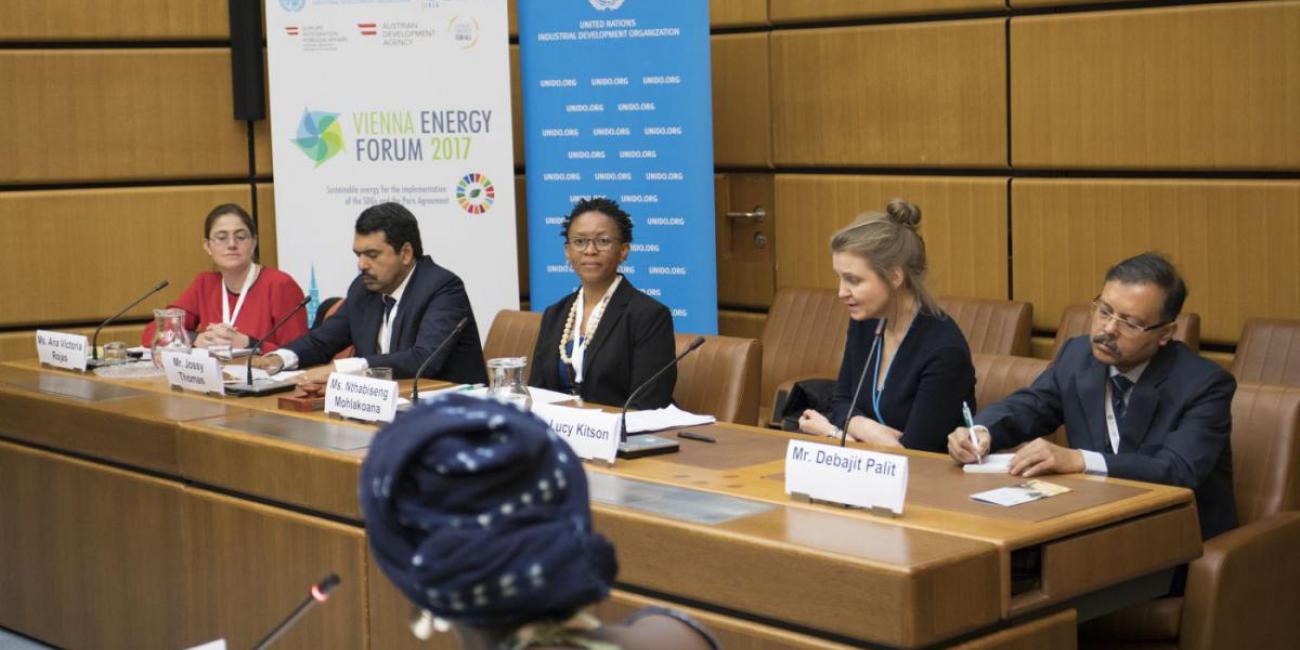
IISD’s Global Subsidies Initiative presented at a side event on May 9 to the Vienna Energy Forum organized by ENERGIA, the International Network on Gender and Sustainable Energy and the United Nations Industrial Development Organization. The side event focused on cutting-edge empirical evidence on how energy interventions are delivering on gender impacts, and on the key gaps within existing research that need to be addressed to ensure more gender-equitable outcomes of energy interventions.
I presented IISD’s work to date on fossil fuel subsidies and their reform, and how these policies affect women specifically. Outside this work, there is almost no empirical or anecdotal evidence on gender-differentiated impacts of subsidy policy. This is despite wide recognition of the importance of energy access in improving women’s living standards, and despite well-established evidence that subsidy policy can have crucial impacts on access to, and availability of, energy.
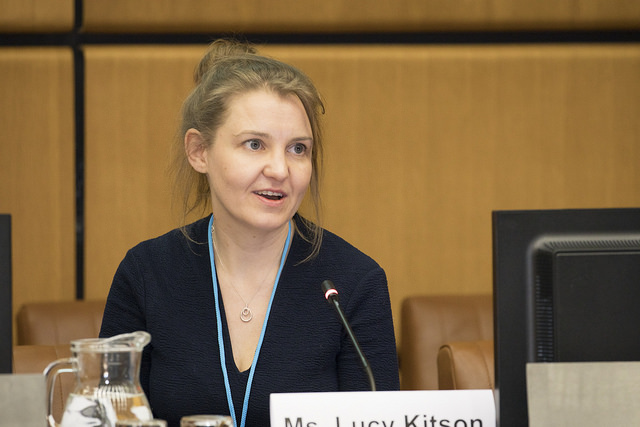
Lucy Kitson, GSI, IISD
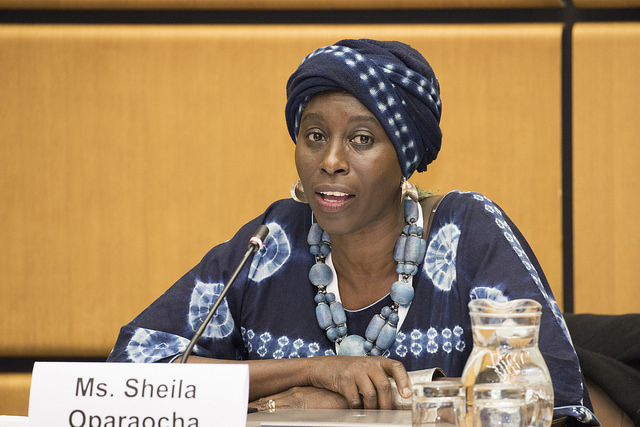
Shelia Oparaocha, ENERGIA
When badly designed, the benefits of subsidies tend to accrue to higher-income households, while lower-income households continue to struggle to secure access to energy and rely on traditional energy sources. For women, often responsible for household chores and with fewer resources at their command, the effect of this energy poverty can be particularly pernicious. At the macroeconomic level, these ill-targeted fossil fuel subsidies divert funds away from investments in services such as health and education, both of which can serve to enhance the well-being not just of women, but of society more broadly.
“Empirical evidence does show, however, that gender-blind policies can have an adverse effect on women and poor people’s energy access. This is due to their specific needs not being taken into account during policy design. Only when the differentiated impacts of subsidies on women and men are understood can adverse outcomes be mitigated to ensure the positive impact of policy reform and formulation,” said Lucy Kitson.
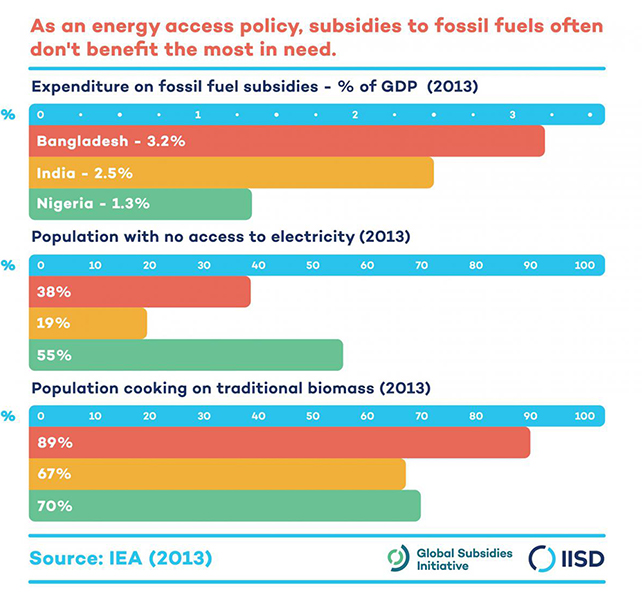
Reforming subsidies offers governments a chance to retarget spending on the needs of poor women, and thereby support broader goals with respect to women’s energy access. By contrast, reforms that do not take account of women's needs and requirements risk undoing the progress made to date in enhancing access to energy. Other speakers included Shelia Oparaocha, ENERGIA, who spoke about access to energy, and Debajit Palit, The Energy Resources Institute.
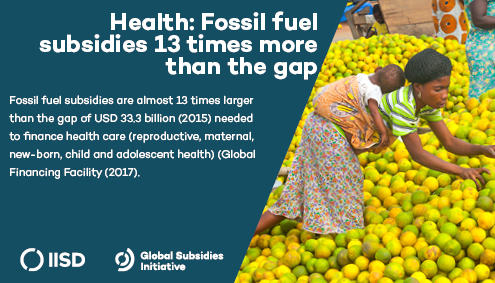
Debajit Palit noted that electrification and energy access interventions alone do not lead to empowerment: “While there is evidence that electrification contributes to women’s well-being, research indicates that energy interventions aimed at women’s economic empowerment need to be linked to complementary interventions that strengthen women’s decision making and ownership of assets, such as changes in legislation on women’s land rights and inheritance.”
Together with partner organizations in Bangladesh (Bangladesh Institute for Development Studies), India (IRADe), Nigeria (Spaces for Change) and Indonesia (SMERU Research Institute), IISD is conducting a research program exploring these effects. This first-of-its-kind research program is based on a literature and data review (completed), household surveys (close to completion) and focus group discussions (underway), with results available towards the end of 2017. The research program will focus closely on policy lessons, with the aim of supporting governments in effective policy design for gender targeting within the context of fossil fuel subsidy reform.
Read more about the side event here and here.
Key Research Report: Gender and Fossil Fuel Subsidies: Current Status of Research
More on GSI’s gender work here.
Lucy Kitson is a Research Officer and Economist with GSI.
